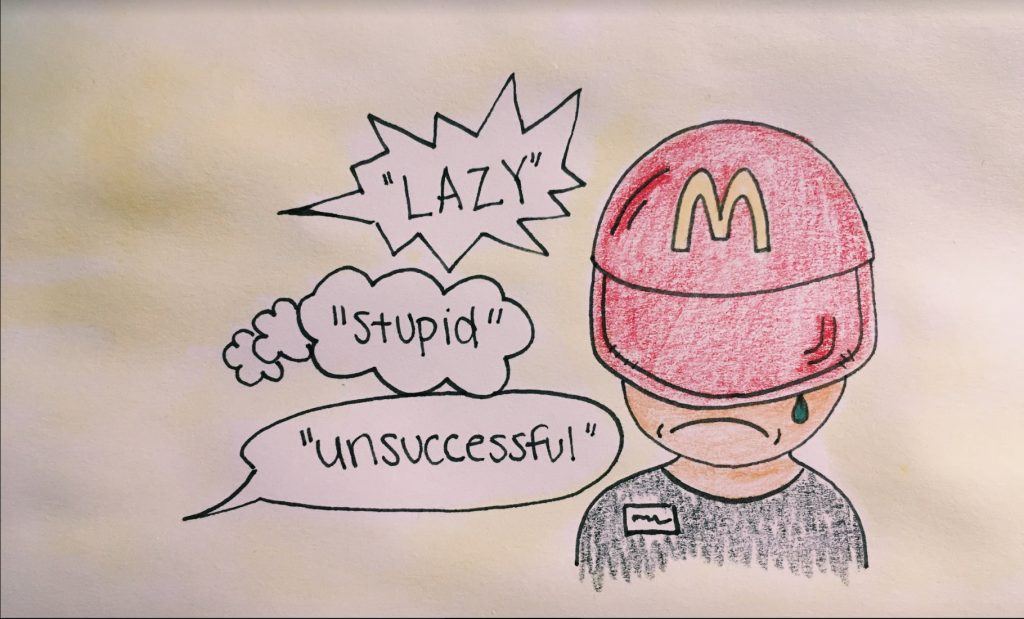Like snowflakes, no two humans are exactly the same. Everyone is of a different race, religion, background, and status. We are taught as kids to accept everyone for who they are despite our differences. Yet, many fail to do so in the sense that they have a hard time avoiding putting labels on others. It seems to be a human instinct to find differences in the people around us in order to create some sort of separation between ourselves. This bars us from understanding that we share a lot more than we think we do. Stereotypes have been an issue for all of human history, and whether people want to believe it or not, most of the time it is done as an involuntary action that can end up seriously harming one’s lifestyle and success. It can be as simple as the stereotypes of males and females in the workplace.
As most people know, there used to be a time when women were not allowed to vote, or were limited in education because they were expected to stay home and work in the kitchen. The same kind of stereotype prevails, even though we are in the age and nation that supposedly allows everyone to have equal opportunities. As research and articles on this topic have surfaced, it is proven that gender stereotypes put women at a disadvantage when it comes to leadership jobs because they are less likely to be taken seriously. This eventually leads to women receiving lower salaries than men, which could potentially get in the way of a woman’s successful career.
Another example of how stereotypes can negatively impact one’s success is revealed by a study done by professors Marianne Bertrand and Sendhil Mullainathan from the University of Chicago. According to US News, they wanted to find out whether race had anything to do with the chances of a job applicant to get hired. In sending 5,000 resumes to 1,300 job ads found in newspapers, with some resumes having fake “white-sounding names” like ‘Emily Walsh’ and ‘Greg Baker’, and then other resumes having fake “African-American sounding names” like ‘Lakisha Washington’ and ‘Jamal Jones’, the white resumes received 50% more responses than the black resumes – regardless of occupation, industry, and experience. It is clear that certain stereotypes and assumptions made about a specific group of people, regardless if they’re even valid or not, can end up lowering their chances of success when it comes to jobs.
Labeling by gender, race, partisanship, and socioeconomic status harms people from all walks of life by not giving them an equal opportunity to express themselves. In the past decade, this topic has been more prevalent in the news, but until everyone can pursue success without stereotypical obstacles, we must continue to address the issue in order to make a true age of equal opportunities.
Emily Kim
staff writer
Graphic: Maraea Garcia

